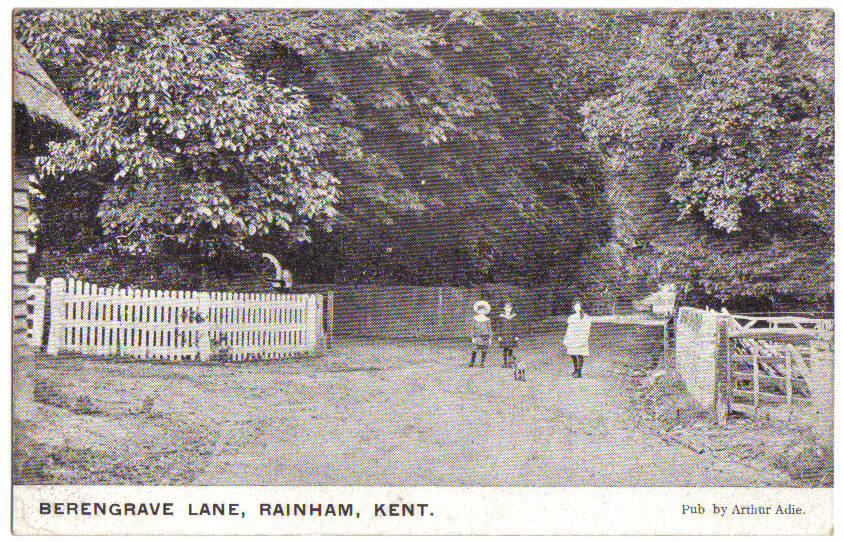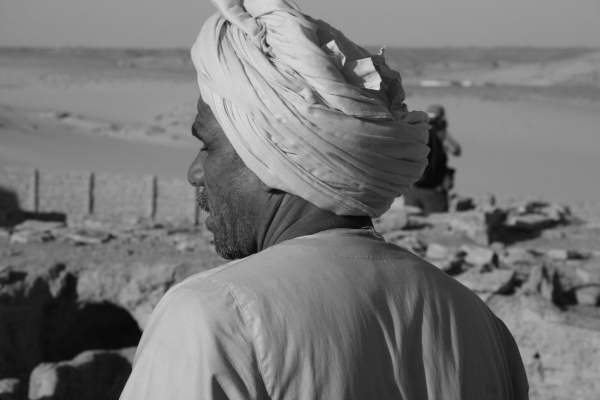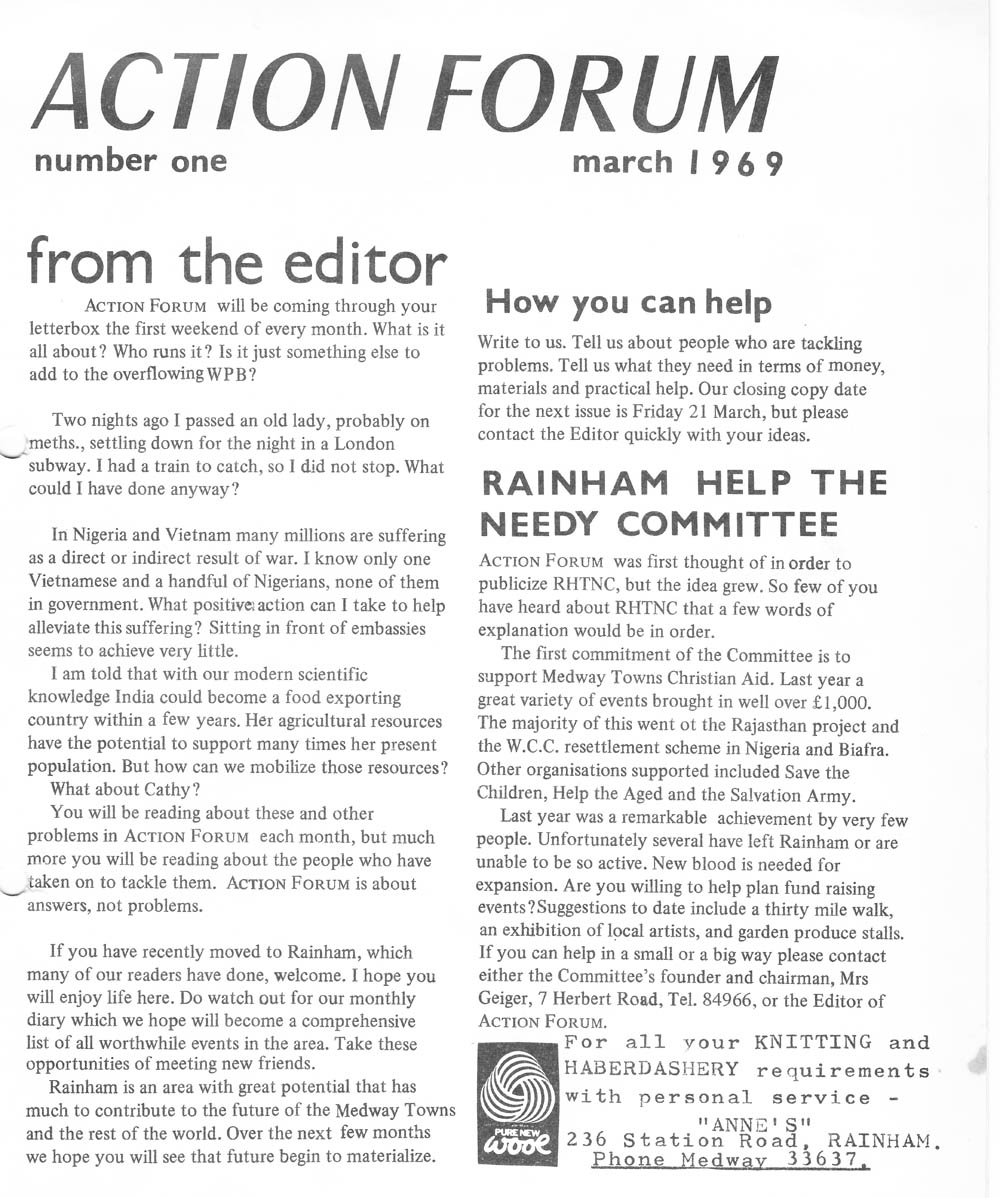Rainham at War in 1917
With a British naval blockade in progress the Germans retaliated with unrestricted submarine warfare to starve Britain out of the war. Meanwhile, as in the previous two years, the war effort in Rainham continued with fund raising and war related activities with news of more casualties from the battle front.
The year began with heavy snow as Mrs Perry of Rainham Congregational Church entertained soldiers billeted in Rainham at the church school. Later in February the formation of the Food Production Society took place in an effort to utilize available ground in the parish for food production. George Quinnell from Broad Walk chaired the society that wanted to cultivate every available piece of land in the parish. The parish council wanted four acres of land to cultivate and later in the year they purchased a potato sprayer and six cases of chemical spray in preparation for this.
Boys of the Church of England School in Station Road enrolled for National Service to assist with digging gardens for widows and wives of servicemen whose husbands were fighting in the war. Mr Wilson who worked as a master at the school gave advice to people about how to plant seeds and potatoes while a lecture given by Mr W A Milliard from the Agricultural Department of Leeds University about planting took place in the Church Hall
In social affairs the Kent Fortress Royal Engineers stationed in Hartlip organised a whist drive and dance at the Council School to raise money on behalf of St Bart’s Hospital while a war savings meeting took place in the church hall to form a war savings association. This led to other associations being formed in different parts of the parish. Rainham Congregational Church in Chapel Lane had one of the most successful associations with 26 members.

The annual Empire Day celebrations in May helped raise nationalistic pride as people assembled in the playground of the Church of England School in Station Road while pupils and teachers paraded in front of them and the Union Jack flew from the church tower. Reverend Tamplin began with prayers, those present saluted the Union Jack and a verse from the National Anthem sung. Certificates were then distributed to pupils. Mrs Webster presented these to the boys, Miss Walter to the girls and Mrs Wakeley to the infants. After this cheers were given for the empire, the Queen, the Royal Family, soldiers, sailors and airmen.
June began with the Food Economy Exhibition at the Council School organised by Mr Mattocks and opened by Lady Callaghan, wife of the Admiral Superintendent at the Nore. Money raised from the exhibition was donated to Fort Pitt Hospital in Chatham. Money raising continued in July with a Bandage Day in aid of the War Hospital Supply Guild and the well-attended event raised £4/10/0d.
Throughout the year regular news arrived about casualties at the battle front. In January Joseph Drain aged 24 of Layfield Road, Gillingham died in action. He had previously lived in Station Road, Rainham where his parents owned a greengrocer’s shop and had attended the National School in Station Road. Better news revealed that Sergeant-Major Raynor Swan aged 27 and formerly of Ivy Street had been mentioned in despatches for bravery. Six years before the war he travelled to Australia and joined the army in 1914. He had fought at Gallipoli and Egypt and had been wounded in the head and poisoned by barbed wire. After Gallipoli he went to France where he became Sergeant-Major. Sir Douglas Haig mentioned him in despatches for bravery on the battlefield.
In March news of more fatalities arrived with the death of Lance-Corporal Thomas Russell aged 20 of the East Kent Yeomanry from Station Road, killed in the trenches of France while beating back a German attack. Other fatalities included Bombardier Herbert Webb aged 22 from Ivy Street, James Wall from Station Road and George Crittenden aged 33 from Broad Walk. In May John Ashby of the East Surrey Regiment from Ivy Street was reported killed in action in France. He had earlier served as a member of the Rainham Volunteer Platoon.
Later in June a bomb killed Rainham resident Elizabeth Maxted during a German air attack at Folkestone. Herbert Croucher aged 19 of the Buffs from Milton Road (now Webster Road) was killed in France and Bombardier Thomas Holloway aged 24 of the RFA from Rainham High Street died from spotted fever.
More news in August announced the death of Private Arthur Blundy from Lower Rainham aged 37 of the Middlesex Regiment was killed in action in France and Private Maurice Naylor of the Buffs from London Road in Rainham died from the effects of the heat while serving in Iraq. In October Gunner Ide Gooding was killed in action in France while former Council School assistant master Captain Pitcher of the Artists and Rifles Regiment suffered a head wound in France. After the war he received the Military Medal for bravery.
In August an air raid over Rainham lasted for about thirty minutes and two bombs were dropped and exploded but nobody got injured, a rare occurrence in Rainham during the war. Kent coastal towns suffered much more from bombing raids and sustained casualties.
The death of the well-known and popular Lion Inn publican Phil Curling who died of pneumonia in December turned out to be one of the greatest losses to Rainham in 1917. Aged 47 and originally from Faversham, he had been in the public eye for some time, firstly as a well-known cyclist who had formed the Rainham Cycle Club, a licensed victualler, a promoter of sports meetings, an official at both Rainham Cricket Club and Rainham Football Club and a freemason. He also became a member of Rainham Horticultural Society and had formed the Rainham Gardeners Mutual Improvement Society. In the war years he had spoken at recruiting meetings for the Buffs and served as a special constable in the village. He had spent time as a member of the parish council and served as chairman of the Sittingbourne and District Licensed Victuallers Association. In the year before he died he organised a boxing tournament for the Red Cross Hospital in Sittingbourne. His death generated great sadness in Rainham as many residents had great respect for him.
At the end of the year the parish council discussed ploughing up the recreation ground and using it for food production but opposition from the public prevented this. News also arrived that girls and Infant’s at the Church of England School gave their Christmas subscription to the Blinded Soldiers and Sailors Children’s Fund. The girls raised £4/2/0d while the infants raised £3.
While residents in Rainham continued their war fund raising activities and local men died at the Front, an allied breakthrough attempt at Ypres in July and a major offensive at Passchendale in the autumn both failed with heavy casualties. After this at least Britain entered 1918 with the knowledge that the USA had entered the conflict with the hope that this might contribute to ending the war.






















































































































































